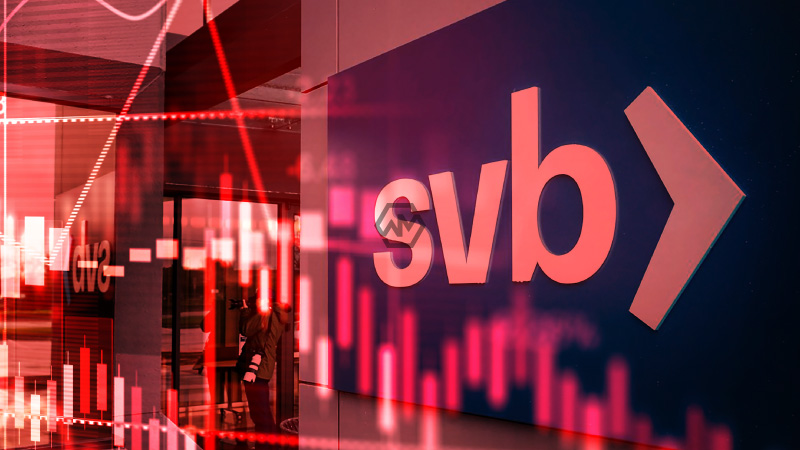Business clients of Silicon Valley Bank are frantically trying to get access to their funds to maintain operations and pay personnel. After announcing intentions to raise capital on Friday, the bank collapsed in less than 48 hours, making it the largest American institution to fail in more than ten years.
The company, which grew in recent years as a result of the deposits it accepted from software firms, started to lose money as these clients used up their investments and depleted accounts.
Uninsured SVB Deposits
Despite having over $175 billion in deposits and $209 billion in assets, Silicon Valley Bank had trouble selling those assets to meet liquidity requirements. As the Federal Reserve increased interest rates, SVB’s stockpile of bonds and Treasury securities lost value.
Although deposits up to $250,000 are insured by the FDIC, the majority of the money stored at SVB was much more than that. The organization has said that all protected savings will be accessible starting on Monday.
- The company started to lose money as the clients used up their investments and depleted accounts.
- Due to increased interest rates, SVB’s stockpile of bonds and Treasury securities lost value.
- Senior Wall Street officials have been calculating the value of the bank’s assets.
The FDIC stated on Friday that the number of uninsured deposits was still being calculated. The watchdog announced that it will shortly pay uninsured depositors an advance dividend and make subsequent payments later. Executives on Wall Street anticipate a market for selling the rights to recover deposits.
Senior Wall Street officials have been calculating the value of the bank’s assets and how much money might be quickly extracted without a bailout or an agreement to sell all or part of the bank to a stronger organization behind the scenes.
In some circles, paying less than half, like 30%, is considered inadequate to prevent severe repercussions in the technology sector and possibly elsewhere.
According to William Isaac, a former FDIC chairman, a modest up-front payout could at least offer some assistance.
“It makes it much simpler for customers of the bank to deal with their losses,” said Isaac, who served in the position from 1981 to 1985.”



